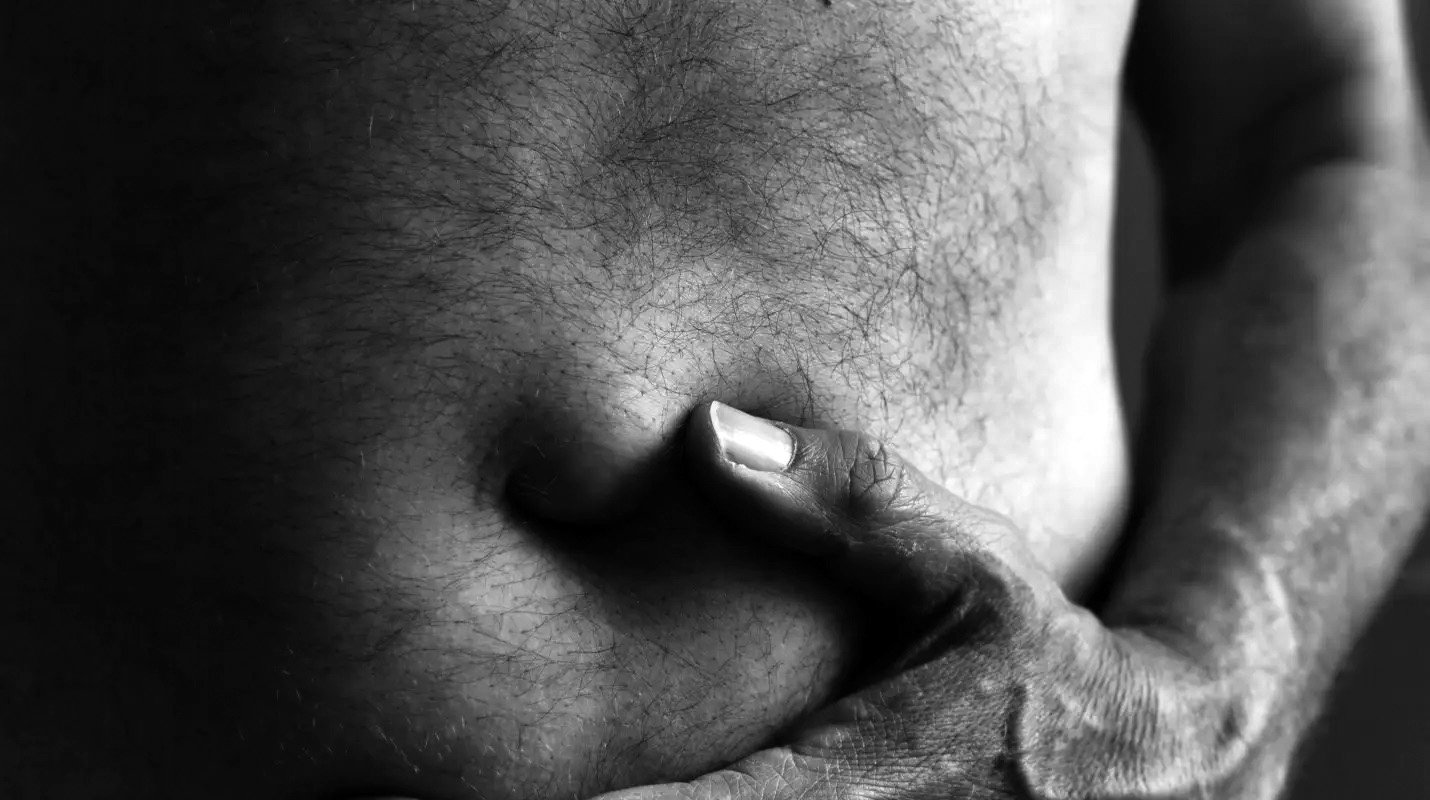
A hernia can cause discomfort and can get in the way of patients’ day-to-day activities particularly when standing, bending over or straining
A hernia can get bigger with time and will not go away without surgery to repair it
Why book your consultation with the Northern Surgical Clinic?
With the Northern Surgical Clinic, you benefit from:
The expertise of a specialist in minimally invasive surgery
Personalised care tailored to your clinical needs
Rapid access to support and advice throughout your surgical journey
Routine follow up visits after surgery free of charge*
*Up to two routine follow up visits
A hernia is a bulge that happens when an inner body part (such as bowel) pushes through a defect or weakness typically in the abdomen or groin. The wall of the abdomen normally forms a natural corset that holds all internal organs inside it. A defect or weakness in this wall will result in loss of the ‘corset effect’. Some people are born with a defect or weakness in the abdominal wall. Others develop this with time due to constant straining or after surgery.
What is a hernia? and how does it happen?
What are the common types of abdominal hernia?
There are different types of abdominal hernia depending on their location and cause. The commonest types are inguinal hernias which are found in the groin, and umbilical hernias which occur in or around the belly button. A femoral hernia can also be found in the groin, although it is less common than an inguinal hernia. Hernias that arise in the top part of the abdomen above the belly button are known as epigastric hernias. If a hernia happens as a result of previous surgery in the abdomen, this is known as an incisional hernia and is usually found close to where the surgical scar is located.
How is an abdominal hernia diagnosed?
Your doctor will usually be able to diagnose an abdominal hernia by examining your abdomen. Occasionally, an ultrasound scan (or less commonly, a CT or MRI scan) may be required to confirm the diagnosis.
Should my hernia be repaired?
Hernias can cause discomfort and occasionally pain. Larger hernias can get in the way of daily activities, particularly when bending forward or getting dressed. If your hernia is noticeable or bothersome, then it would be recommended to have it repaired if you are fit for the procedure. You may choose not to repair the hernia if it is small or unnoticeable, especially if it isn’t causing any symptoms. However, surgical repair might be recommended for some small hernias if they are prone to complications. Your consultant will discuss treatment options with you in clinic and inform you if they believe that your hernia requires surgical repair.
Will my hernia worsen if not repaired?
Hernias tend to grow in size if not repaired, and unnoticeable (occult) hernias can become noticeable with time. Hernias that contain bowel may develop complications such as bowel blockage or gangrene if the bowel twists and/or loses its blood supply.
What does hernia repair surgery involve?
Groin hernias and large abdominal hernias are most commonly repaired with mesh to reduce the tension at the repair site and reduce the risk of the hernia recurring after surgery. Some small hernias in the upper part of the tummy can be repaired by suturing the weak area without the need for mesh.
Surgery to repair a hernia can either be performed as a keyhole procedure through a few small incisions in the tummy (each measuring approximately 5 - 15 mm long), or as an open procedure through one incision close to the hernia (measuring approximately 60-90 mm long). All keyhole hernia repair procedures are performed under a general anaesthetic. While open hernia repair is also usually performed under general anaesthesia, it may be performed under a local anaesthetic if a patient cannot tolerate a general anaesthetic. The choice of procedure will depend on the type and number of hernias that you have, your medical history and -to a certain degree- your preference. You will have the opportunity to discuss these procedure options with your surgeon in more detail in clinic.
Regardless of the type of surgery, most patients are discharged home on the same day and are usually able to get back to light activities within a few days or so. The site of repair may feel sore and bruised for a few days after surgery but this is usually kept under control with appropriate pain relief medication and will disappear with time.
Hernia repair surgery is recognised to be a safe procedure with low risk of complications. The most common of complications arising from this procedure are swelling or bruising at the repair site which occur in 1 in 20 patients and typically settle with time. Your consultant will discuss any potential risks with you in more detail at the time of your appointment.



